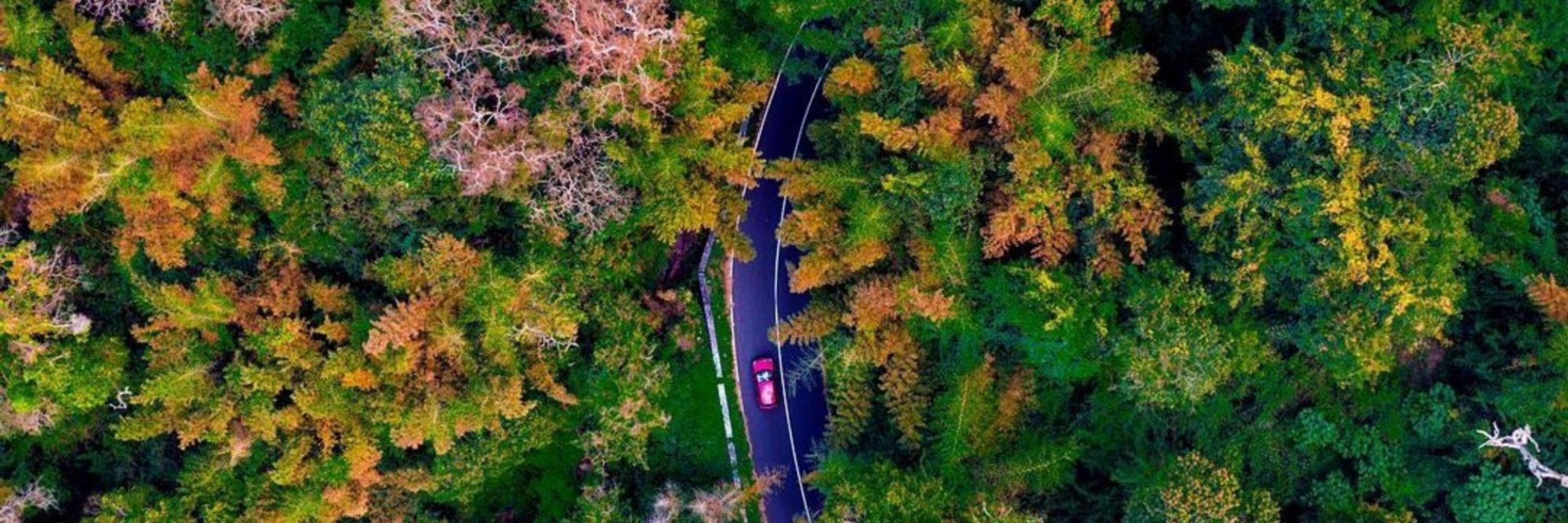
🔬 🧬.
PhD student at the EMBL Australia Node in Single Molecule Science, UNSW Sydney | IISER Kolkata alumnus | Prev. Master's @ MPI-MG, Berlin.
He/him 🏳️🌈
We will explore cell fate regulation during organogenesis, with a focus on how cell elimination underlies the emergence of functional tissues.
We will explore cell fate regulation during organogenesis, with a focus on how cell elimination underlies the emergence of functional tissues.
We investigated whether mechanical interactions between a condensate and a fiber network can explain the variety of morphologies seen in phase-separated nuclear compartments
www.biorxiv.org/content/10.1...
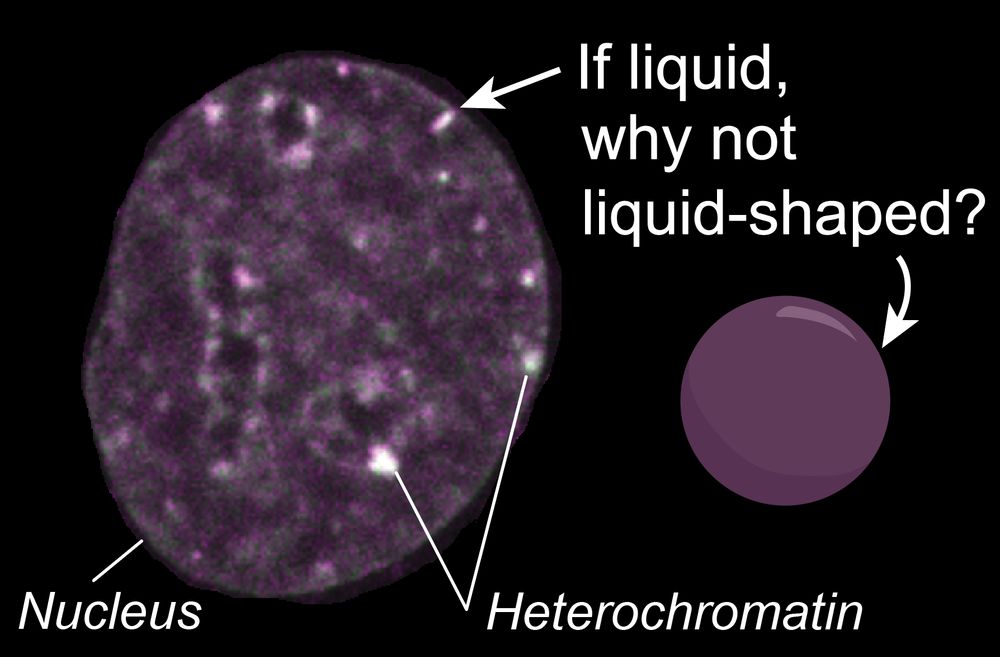
We investigated whether mechanical interactions between a condensate and a fiber network can explain the variety of morphologies seen in phase-separated nuclear compartments
www.biorxiv.org/content/10.1...
tinyurl.com/m9s5su7s 1/2
tinyurl.com/m9s5su7s 1/2
rdcu.be/eq975
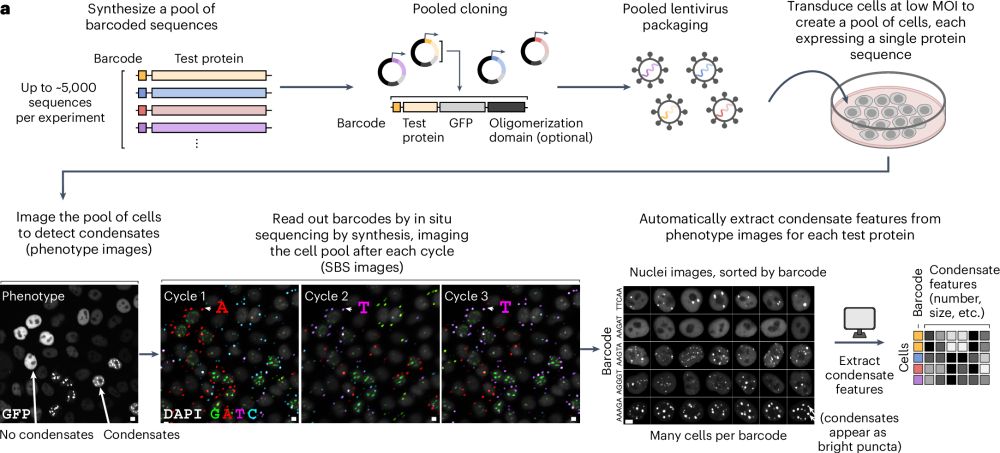
rdcu.be/eq975
This is a major win for public health.
This is a major win for public health.

🔗 tinyurl.com/3jkzzy7d
🔗 tinyurl.com/3jkzzy7d
Built on flow matching, CellFlow can help guide your next phenotypic screen: biorxiv.org/content/10.1101/2025.04.11.648220v1
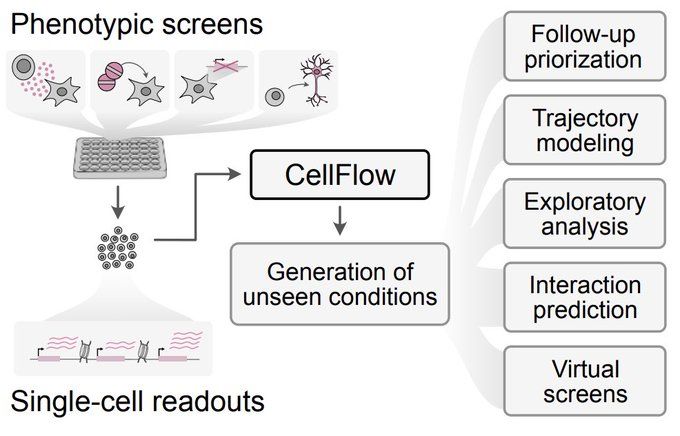
Built on flow matching, CellFlow can help guide your next phenotypic screen: biorxiv.org/content/10.1101/2025.04.11.648220v1
RIF1 regulates Replication Timing in mouse embryos & (suprising) findings disentangling effects on transcription and LADs...lots to think about 🙄👍🤔
👉 www.cell.com/developmenta...

RIF1 regulates Replication Timing in mouse embryos & (suprising) findings disentangling effects on transcription and LADs...lots to think about 🙄👍🤔
👉 www.cell.com/developmenta...


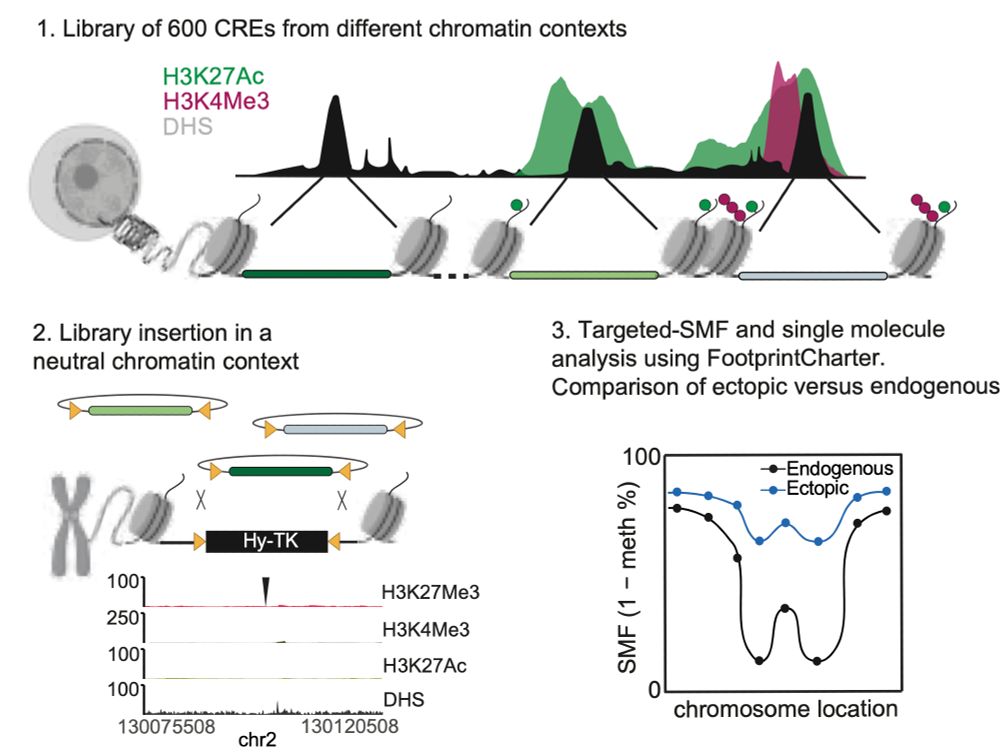
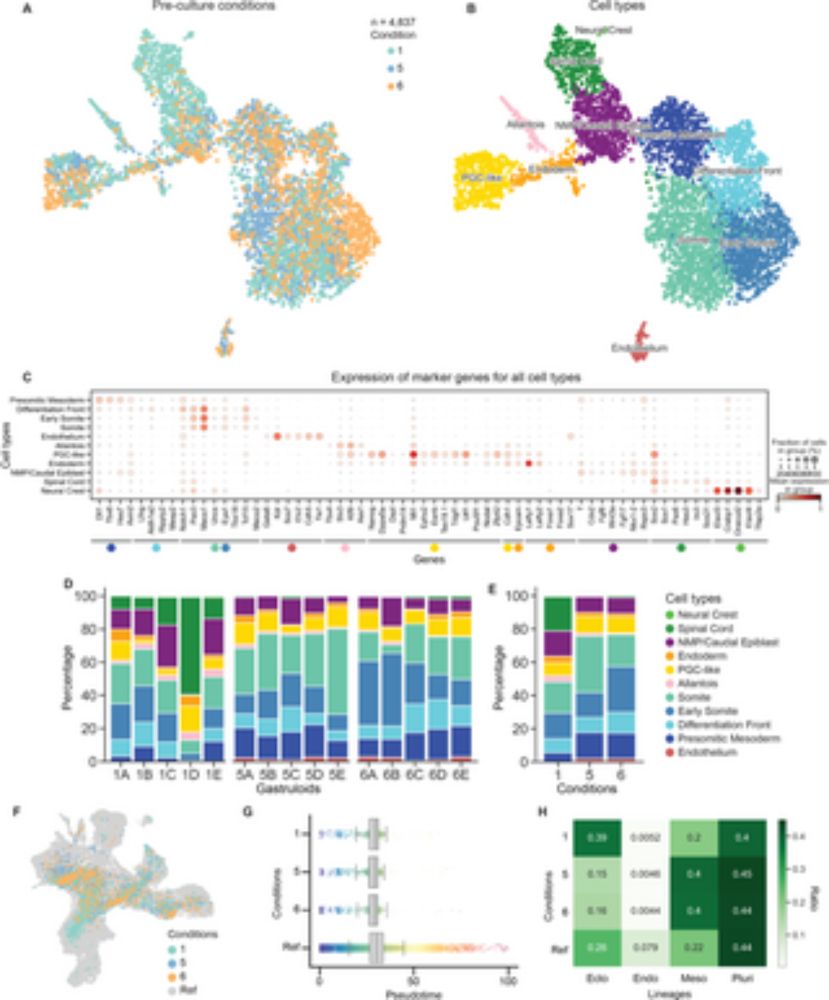
@hasenbeint.bsky.social and co-authors Sarah Hölzl, Stefan Engelhardt @tum.de👇🧵
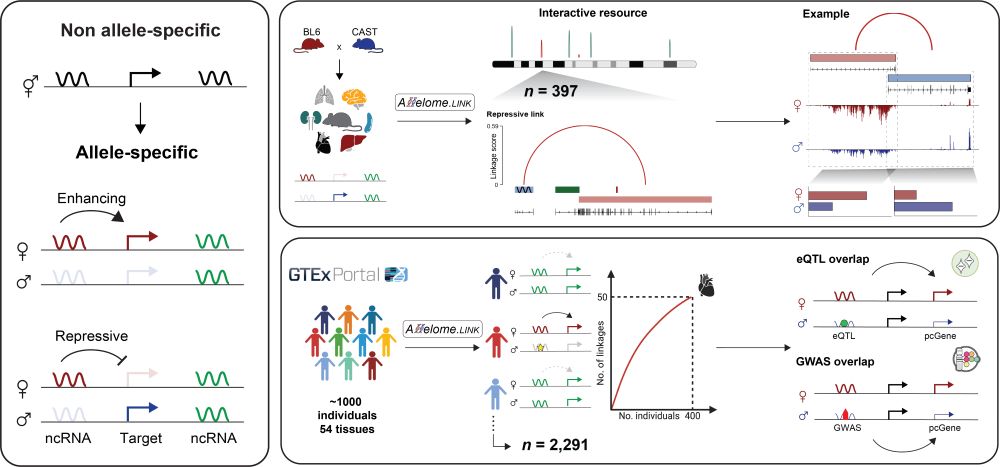
@hasenbeint.bsky.social and co-authors Sarah Hölzl, Stefan Engelhardt @tum.de👇🧵
www.sciencedirect.com/science/arti...
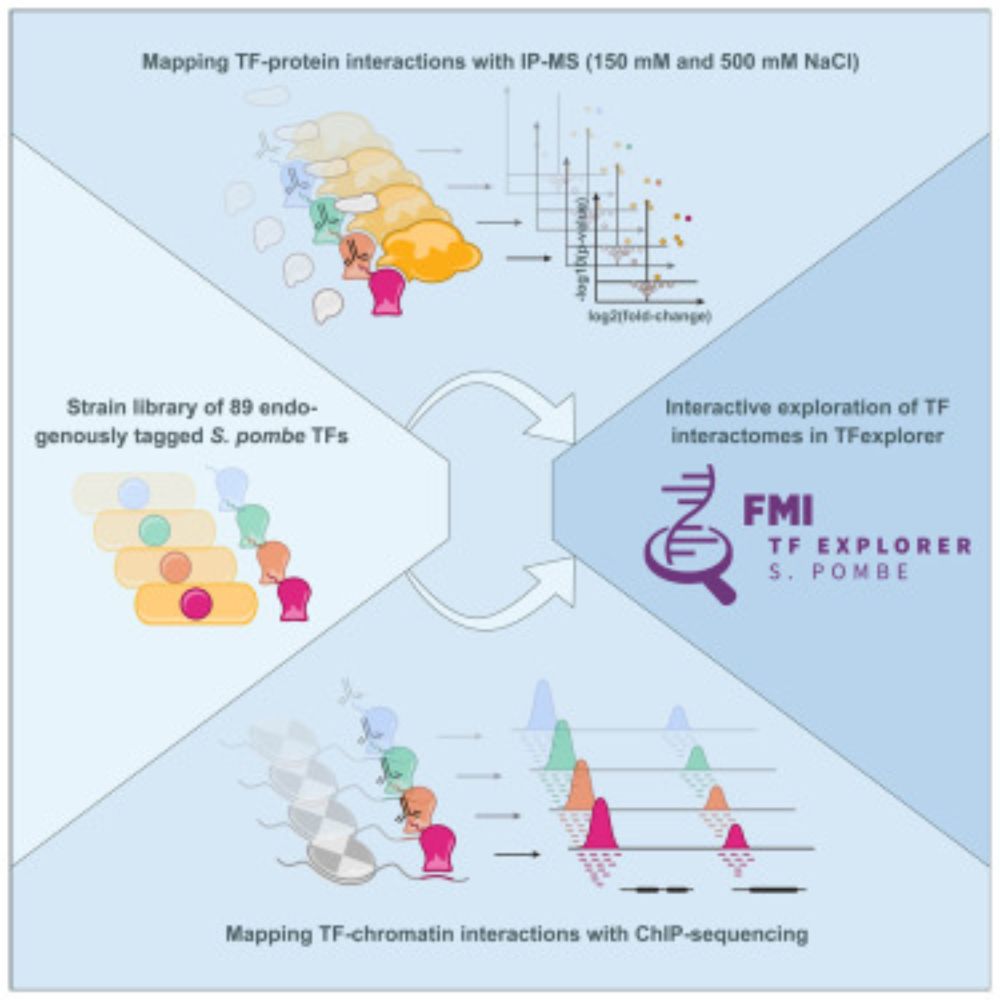
www.sciencedirect.com/science/arti...



Imagine if this was today , how many people would be saying “Why are we studying Gila Monsters and their impact on diabetes ? That’s wasted money !”
globalnews.ca/news/9793403...

Imagine if this was today , how many people would be saying “Why are we studying Gila Monsters and their impact on diabetes ? That’s wasted money !”
globalnews.ca/news/9793403...

Happy 2025 everyone 🎆 !

Happy 2025 everyone 🎆 !
www.scientificamerican.com/article/myst...

www.scientificamerican.com/article/myst...


